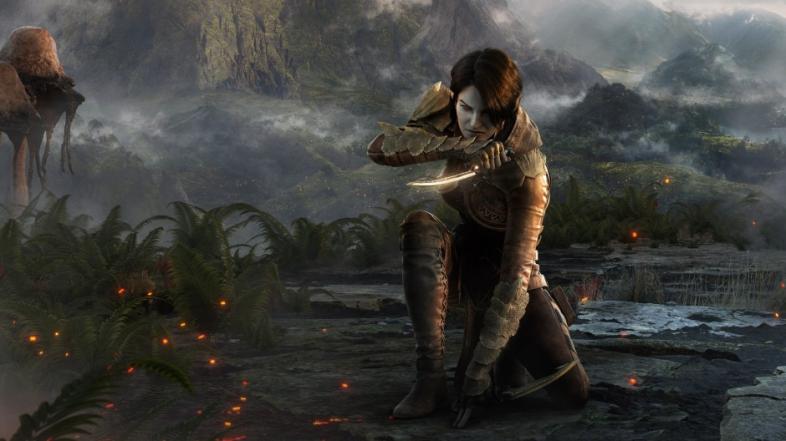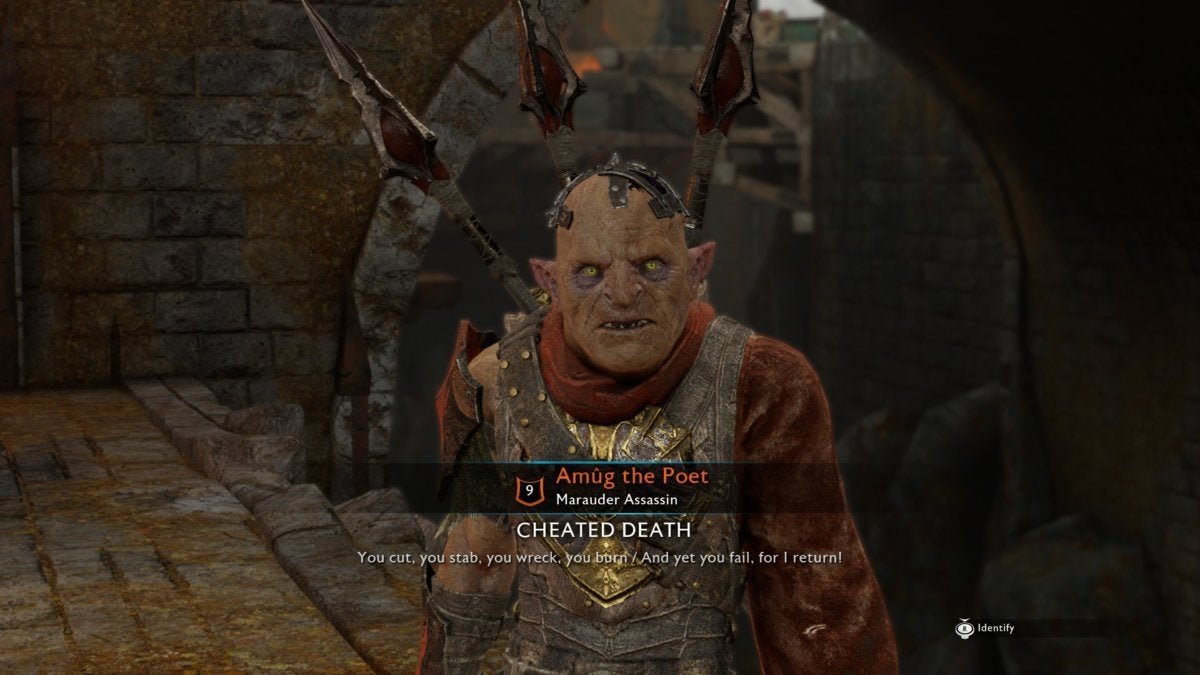
Shelob, as an act of pity, shows Talion-through visions-that Sauron has started to make moves on Middle-earth and sends him out with her sexy spider blessings to go foil the dark lord’s plans.

Within moments of its completion, the Ring is picked up by the most unlikely of creatures: a bizarre, unnecessarily sexy reimagining of Shelob the spider. Talion, having gotten his revenge against the middle management Barad Dur stooge who slaughtered him and his family, now realizes he can’t let Sauron himself off the hook so easily, and decides to help Celebrimbor craft a new Master Ring with the hopes of slaying Sauron before he gets up to full strength. Middle-earth: Shadow of War doubles down on every single aspect of Shadow of Mordor, for better and worse.

Players will certainly have no problems remembering Talion’s literal better half, the spectral revenant of the Elf smithy Celebrimbor, who grants Talion the power to brainwash orcs and read their thoughts. Players will more vividly remember the sycophant orc Ratbag becoming a somebody for the first time in his life, the moment where a Warchief’s bodyguards betray him all at once. Despite Talion being the ostensible hero of that game, it’s a struggle to remember anything interesting that this Gondorian ranger with a blank-slate personality did over the course of the campaign that didn’t involve exploding orc heads.

But as a Lord of the Rings game, Shadow of Mordor is rather weightless. Yes, the Nemesis System was and still is a genius bit of game design, and Monolith Productions was right to stake virtually the entire success of the game on its use.

The 2014 release of Middle-earth: Shadow of Mordor was a roll of the dice that just barely managed to pay off.


 0 kommentar(er)
0 kommentar(er)
